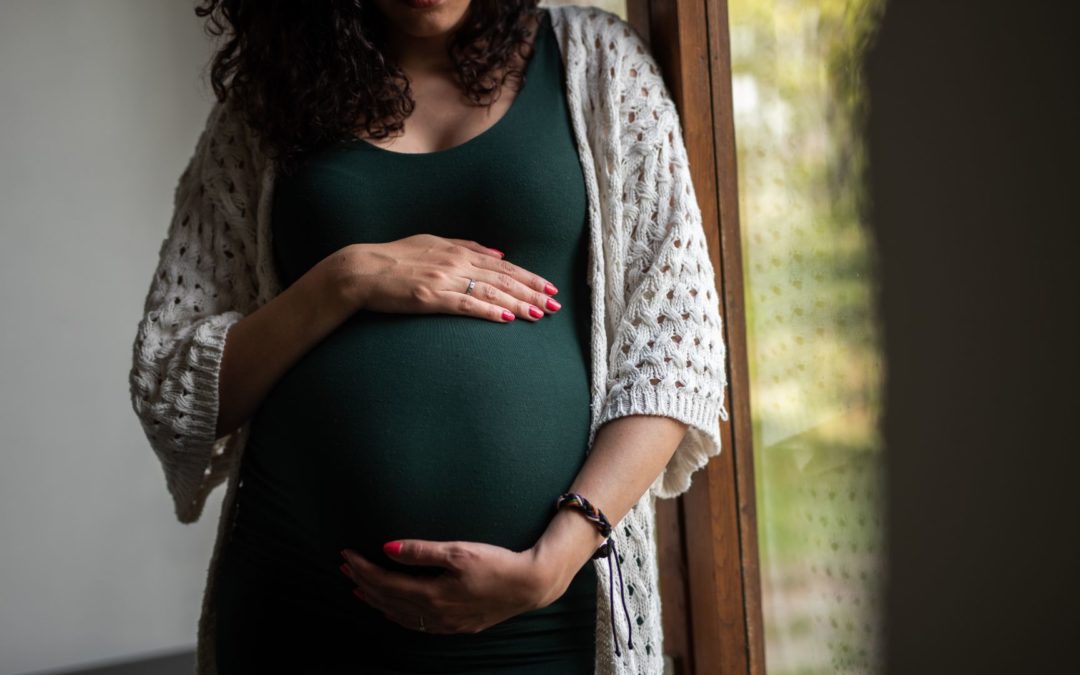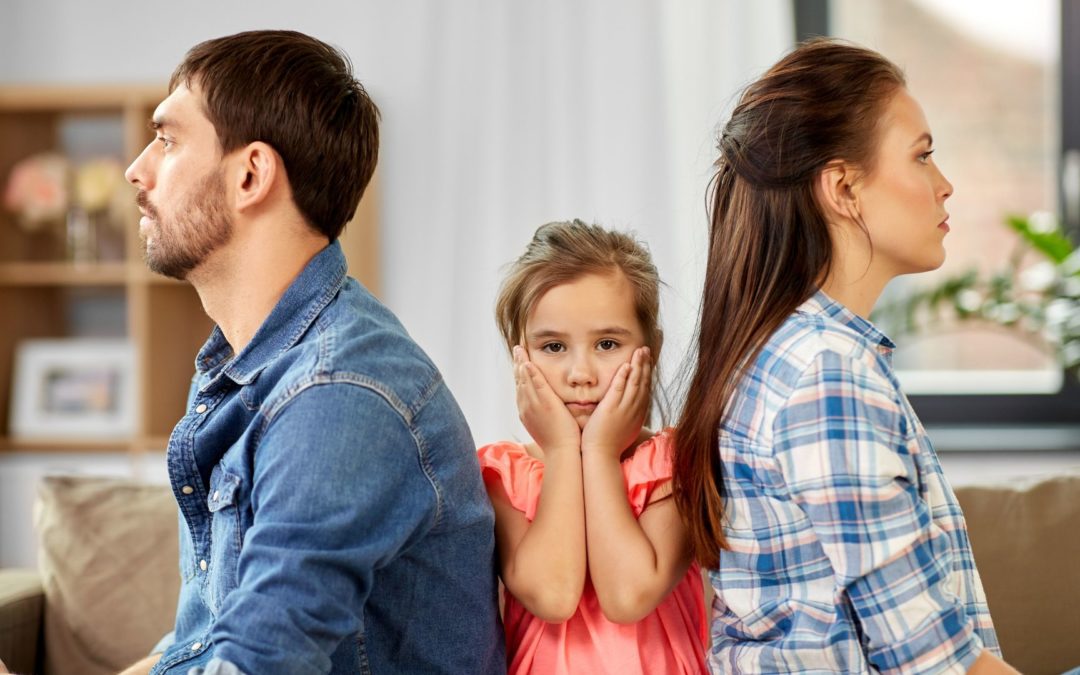One of the most ruthless destroyers of relationships is unforgiveness. It puts a barrier between us and our loved one…
It’s like an atomic bomb sitting hidden away ready to explode if things start going wrong between us.
How many times have you argued and turned to your store of grievances to find another weapon to lob at your opponent:
- “And another thing…
- “You always…”
- “You never…”
- “You did the same thing last week…”
- “I’ve never forgotten how you…”
Still worse is when we nurse our hurt until it turns into bitterness and hate. We become completely unwilling to see anything good in the other. We become literally blinded and focussed on things from our own point of view.
AS KIDS
Asking for and giving forgiveness are the key, but many of us haven’t really learnt to forgive as children. If we don’t see our parents, brothers and sisters, friends, teachers do it, then we don’t know what it means. I once had a conversation with a friend from a broken home about forgiving her husband for something. Very sheepishly she told me “I can’t. I don’t know how.”
AS PARENTS
Parents have a great responsibility to model forgiveness to their children. We have made a point of saying sorry and asking for forgiveness when we’ve hurt our children, as parents sometimes do. It has increased rather than decreased their respect for us. Similarly we have insisted on them learning to ask forgiveness from us and each other, and made a point of saying we forgive them. It’s also been important to let the mistake go and not dig it up next time it happens or use it as ammunition in a disagreement. We may still remember the past mistake, but it mustn’t be allowed to influence us or be spoken of.
AS A PARTNER
This is how we can forgive in marriage too. If we can, we must try and forget past hurts or at least only allow them as neutral memories, which don’t influence us. When we have been through the humiliation of having to admit a mistake or hurtful action and ask forgiveness then we are often more willing to do the same to others, because we know how hard it is and what a release it is to be forgiven and restored.
Is it possible to forgive someone who hasn’t said sorry or who continues to hurt us? Our own health depends on us being able to do this because unforgiveness and bitterness damage us as much as the one we hate. To go on forgiving someone in this sort of situation requires special resources within us. Let’s think of some examples.
We can find it in us to forgive little children. We say that they can’t help it, and sometimes in our marriages we can see weaknesses or damage from the past that makes it hard for our partner to change. If they have come from a broken home or been abused in the past or badly hurt by others we may be able to accept that they don’t mean to hurt us and not take the hurts personally.
Perhaps they are ill or suffer from depression and we can make excuse for their behaviour because of what they are going through.
Sometimes we just have that amazing reserve of love that enables us to forgive, because our love is stronger than the hurt inflicted. Many parents exhibit this kind of love. They would say, “I go on forgiving, because he’s my son. How can I do otherwise?” Some people can do that in marriage, forgiving their wife or husband, simply because they are their wife and husband.
Whatever the key is for you, practising forgiveness in your marriage is a key to its strength and happiness.
Article by: www.2-in-2-1.co.uk








